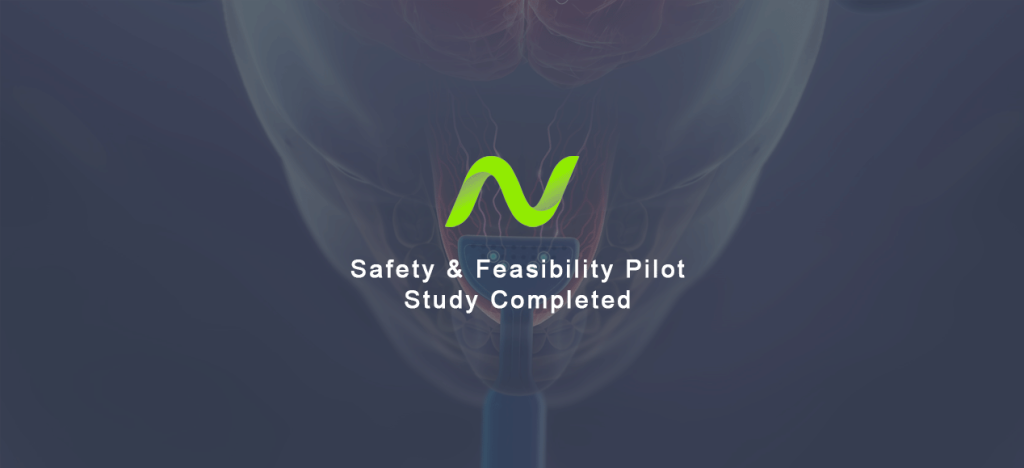
A cohort of 54 patients used a bimodal (auditory and somatosensory) stimulation device for 10 weeks. The study was approved by the Research Ethics Committee (REC) of the National University of Ireland, Maynooth and conducted in the Hermitage Medical Centre, Lucan, Co. Dublin.
Nether the REC or the Hermitage Medical Centre required registration to a clinical trials registry. The study was considered a feasibility study, and was therefore exempted from registration under FDAAA 801. Auditory stimulation was delivered via headphones and somatosensory stimulation was delivered via electrical stimulation of the tongue.
Patient usage, logged by the device, was used to classify patients as compliant or noncompliant. Safety was assessed by reported adverse events and changes in tinnitus outcome measures. Response to treatment was assessed using tinnitus outcome measures: Minimum Masking Level (MML), Tinnitus Loudness Matching (TLM), and Tinnitus Handicap Inventory (THI).
The device was well tolerated by patients and no adverse events or serious difficulties using the device were reported. Overall, 68% of patients met the defined compliance threshold. Compliant patients (N = 30) demonstrated statistically significant improvements in mean outcome measures after 10 weeks of treatment: THI (−11.7 pts, p < 0.001), TLM (−7.5dB, p < 0.001), and MML (−9.7dB, p < 0.001). The noncompliant group (N = 14) demonstrated no statistical improvements.
This study demonstrates the feasibility and safety of a new bi-modal stimulation device and supports the potential efficacy of this new treatment for tinnitus.


